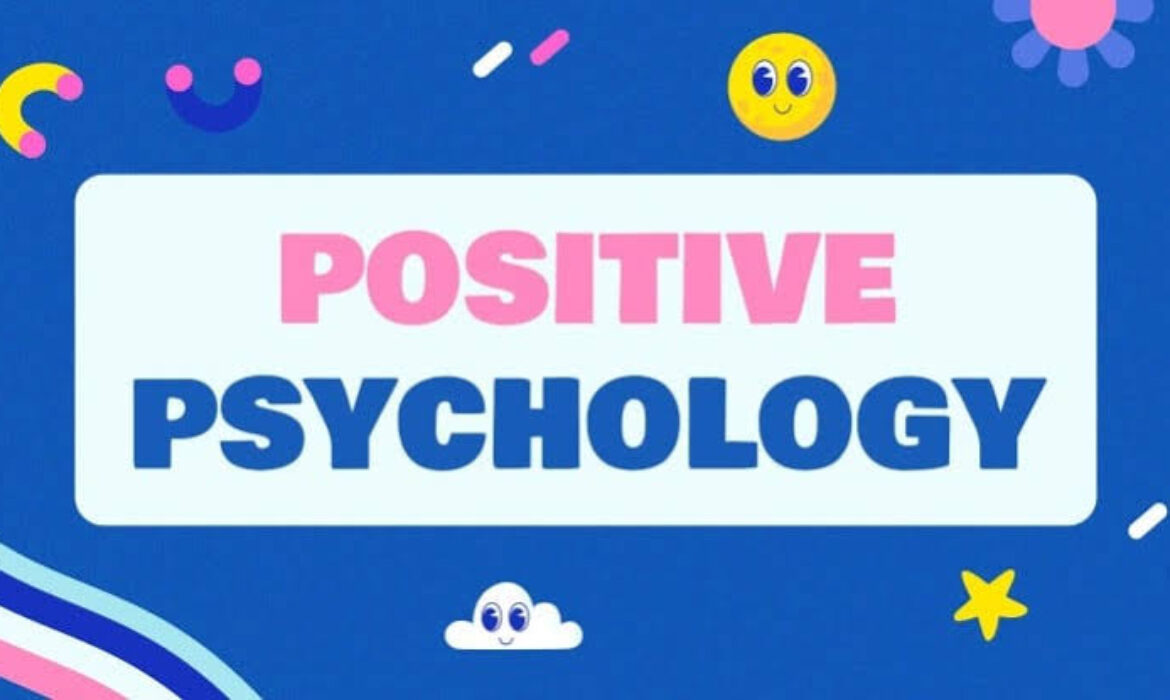081-4797-7173

Positive psychology, a revolutionary science founded by Martin Seligman in the late twentieth century, aims to study what makes life worthwhile and how individuals can grow.
It seeks to move the focus away from simply treating mental illness and toward nurturing positive qualities of human behavior in order to improve general well-being.
Principles of Positive Psychology
Growth Focused:
The belief in human growth and self-improvement is a fundamental principle of positive psychology.
Unlike traditional theories of psychology, which frequently diagnose and treat mental problems, positive psychology emphasizes the positive aspects of the human experience.
It states that people have unique strengths and resources that can be used to improve their well-being.
Strength Focused:
Instead of focusing on issues and flaws, positive psychology encourages people to recognize and capitalize on their strengths.
This strength-based approach focuses on enhancing what is currently going effectively in a person’s life, instilling a sense of empowerment and agency.
Individuals can increase their sense of confidence, independence, and purpose in life by identifying and exploiting their strengths.
Research in positive psychology has shown that focusing on one’s strengths has a significant impact on overall wellbeing.
According to research, people who engage in activities that match their talents have higher levels of life satisfaction, resilience, and happiness.
This phenomena, known as “signature strengths,” refers to an individual’s most real and meaningful attributes, which promote a sense of purpose and fulfillment.
Emotions Focused:
Also, positive psychology promotes the development of pleasant emotions such as appreciation, joy, and compassion.
These emotions not only improve the way one feels, but they also have a direct impact on physical health and social relationships.
Gratitude, for example, has been linked to reduced stress, despair, and anxiety. Individuals can cultivate a thankful mentality by shifting their emphasis away from what they lack and toward what they already have, establishing a sense of abundance and contentment.
Support Network:
Positive psychology emphasizes the importance of developing positive interactions in boosting mental wellness.
Social ties and supportive relationships are critical for emotional health and resilience.
According to research, those who have strong social support networks are better able to deal with stress and adversity, resulting in improved mental health outcomes.
Purpose of Life:
Another significant aspect of positive psychology is the quest of life meaning and purpose.
Leading a meaningful life entails determining one’s values and goals and then aligning one’s behavior with these guidelines. Individuals with a feeling of purpose are more likely to feel fulfilled and psychologically healthy.
Meaningful activities, such as volunteering, pursuing passions, or performing acts of kindness, can boost overall life happiness and provide a feeling of purpose.
How it Improves Mental Well-being

- People can improve their mental health by cultivating happy feelings. Positive emotions have been linked to improved coping methods, problem-solving ability, and overall well-being.
- Identifying and leveraging personal abilities can provide a sense of purpose and success. When people engage in activities that match their abilities, they frequently experience a state of “flow,” which is defined by great delight and absorption in the work at hand.
- Maintaining a positive view on life might improve overall mental health. Optimism and hope have been related to improved mental health outcomes, such as reduced anxiety, depression, and psychological distress.
Applications in Mental Health
1. Positive psychology interventions, based on scientific research, have been created to improve mental health and well-being.
These interventions, which include gratitude exercises, strengths-based therapy, and mindfulness practices, are intended to boost positive emotions, build strengths, and foster a sense of meaning and purpose in life.
Mindfulness-based therapies, for example, have been found to lessen anxiety and depression symptoms while also improving overall well-being by emphasizing present-moment awareness and acceptance.
2. In recent years, positive psychology has gained popularity in a variety of sectors, including education, workplace psychology, and clinical settings.
Schools have employed positive psychology programs to improve student well-being and academic achievement.
Similarly, corporations have implemented positive psychology principles to foster a good work atmosphere and increase employee engagement and productivity.
3. Positive psychology techniques are utilized in clinical settings to supplement established therapy procedures.
Using approaches such as mindfulness, gratitude, and strengths-based therapy, therapists can assist clients in developing resilience, dealing with stress, and improving their general well-being.
Area of Concern
However, it is critical to understand that positive psychology is not a cure-all for mental health difficulties.
While focusing on strengths and positive parts of life can be beneficial, it is critical to address underlying psychological disorders and get professional help if needed.
Positive psychology should be considered as a supplement to, rather than a substitute for, orthodox therapy.
Conclusion
Adopting positive psychology principles can improve mental health and lead to a more fulfilling existence.
Individuals who focus on their strengths, positive emotions, and meaningful experiences can create a feeling of purpose, resilience, and optimism, resulting in a happy and flourishing mental state.
0






